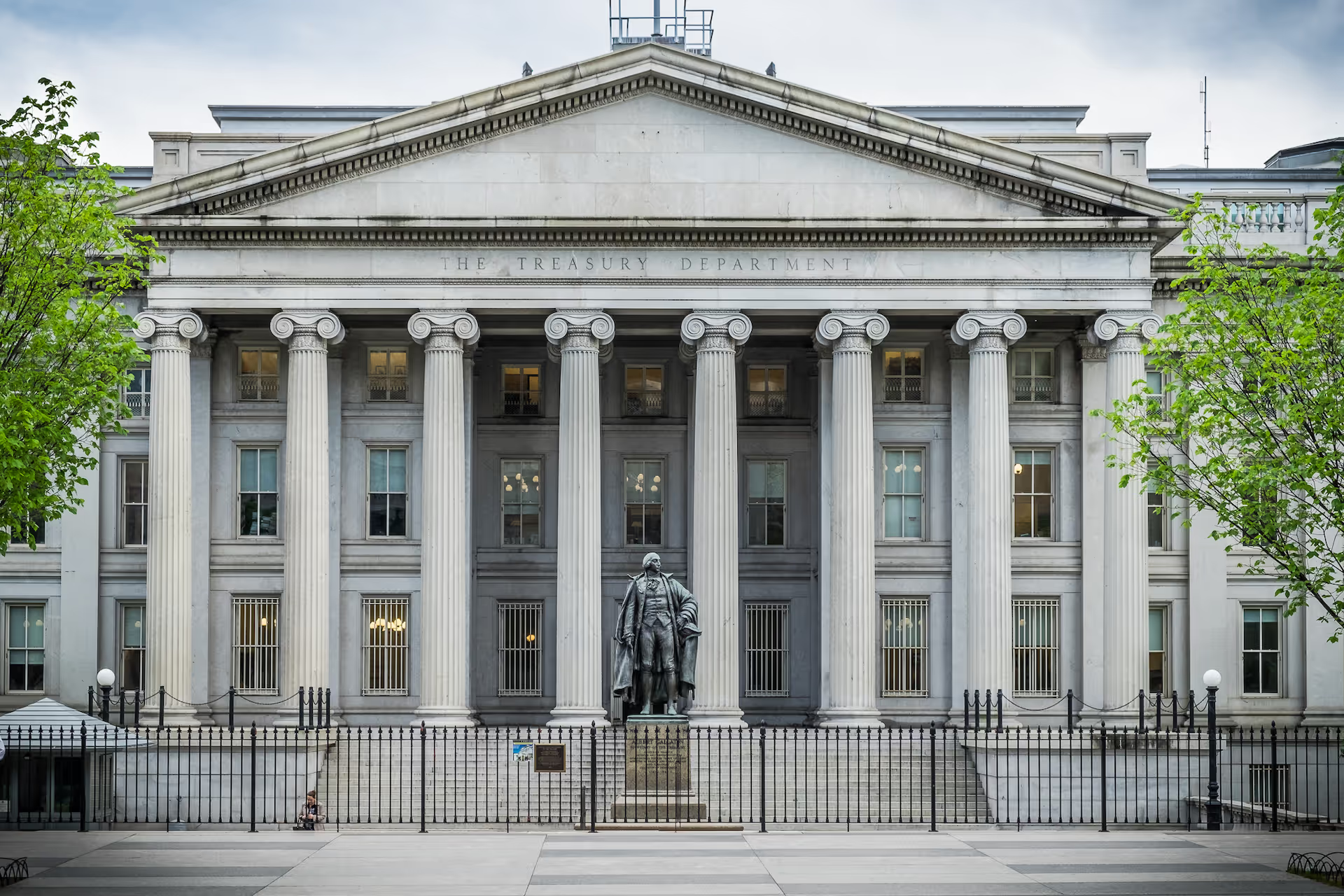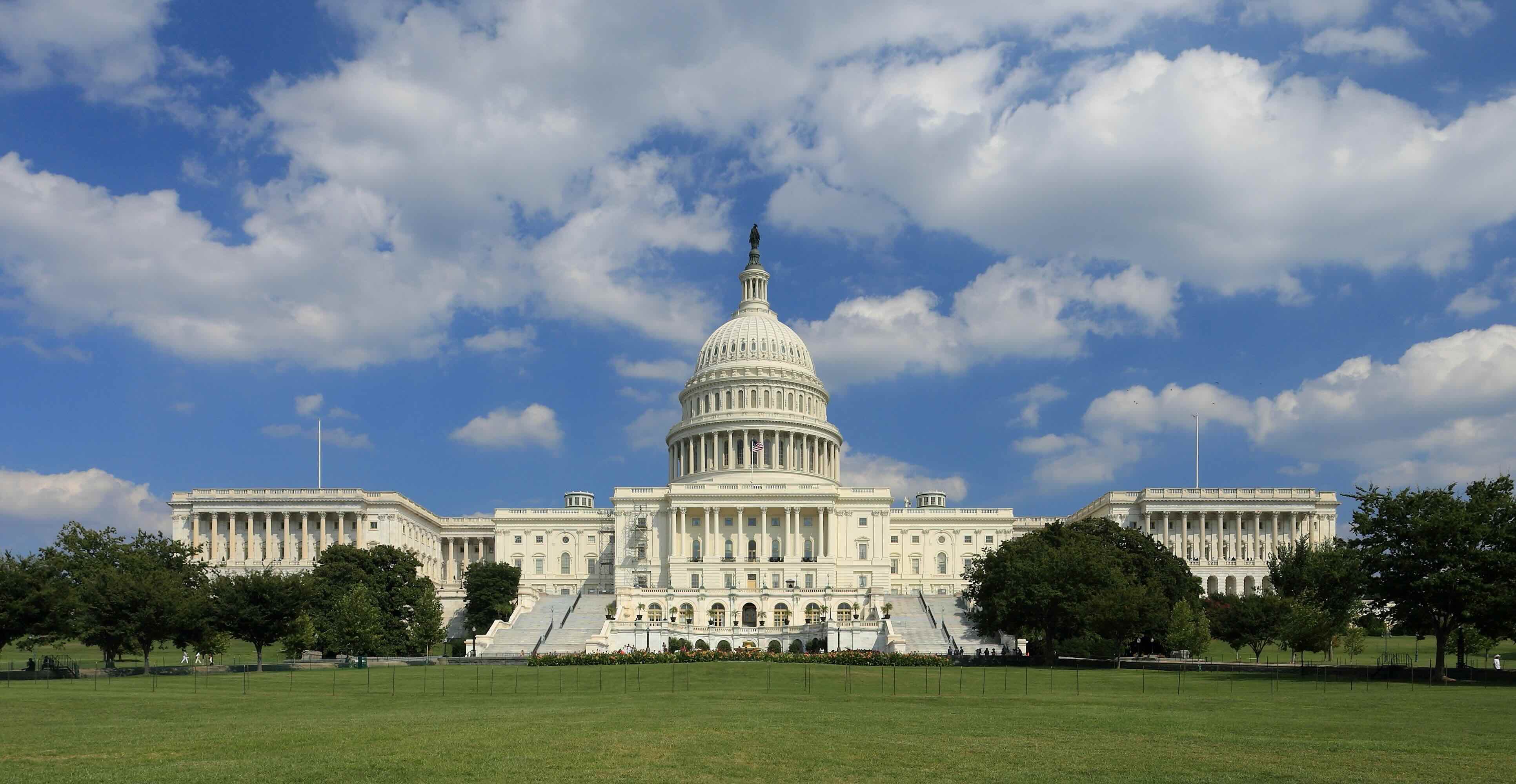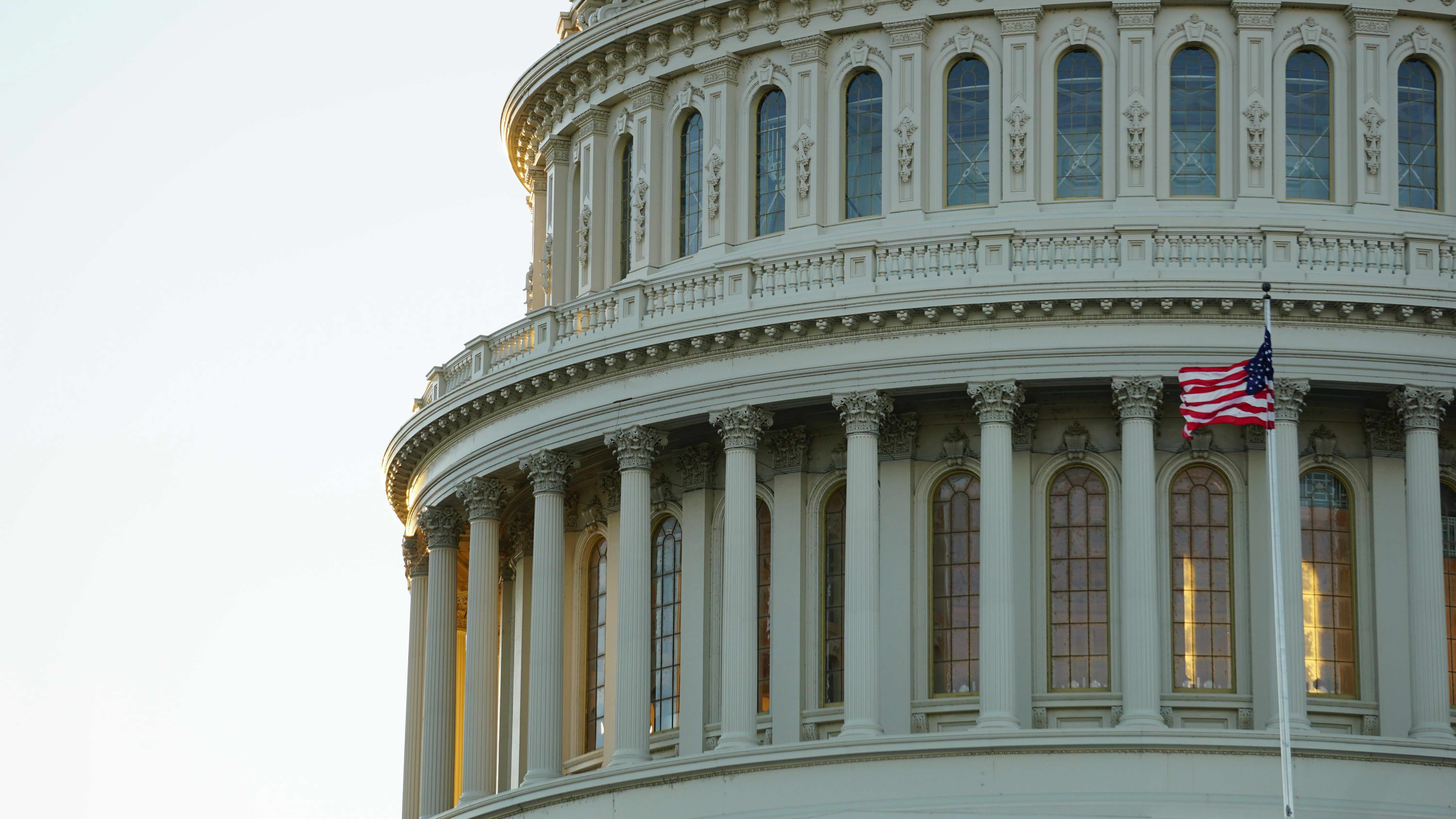Secretary Bessent’s Financial Reform Agenda Deserves Attention
The U.S. Secretary of the Treasury, Scott Bessent, is right about the need to make financial regulation more efficient, consistent and conducive to faster levels of economic growth.

On May 4th, the U.S. Secretary of the Treasury, Scott Bessent wrote an Op-Ed at the Wall Street Journal titled "Trump's Three Steps to Economic Growth." In his piece, Bessent presents the administration's "new course for the economy," which is built around "renegotiating global trade, making the 2017 Tax Cuts and Jobs Act permanent, and deregulating the economy."
While trade policy has been at the center of most economic discussions, I would like to spend some time on the Treasury's deregulatory agenda, as increasing America's rates of economic growth requires making its regulatory framework simpler, more transparent, and conducive to innovation and market competition. This is the bedrock of any successful market economy, especially at the frontier of technological progress.
This is particularly important in the context of the U.S. financial system, as Secretary Bessent has correctly pointed out on several occasions. For example, in his recent WSJ piece, he wrote that the administration wants to increase Americans' access to capital "by easing undue compliance burdens on community and other small banks," as these "play a crucial role on Main Street by providing loans for cars and homes."
In a similar fashion, Bessent mentioned on Monday that the growth of private credit should be seen as an indicator "that the regulated banking system has been too tightly constrained." And while there are supply-side factors and business model innovations taking place in the private credit sector to take into consideration, it is undeniable that the banking sector has been subject to a series of compliance requirements that undermine its ability to operate at peak efficiency.
For these reasons, Secretary Bessent has mentioned that the Treasury is currently working to "play a greater role in financial regulation," and that the overall administration is pursuing a reform agenda to make sure that financial regulations follow a clear statutory mandate, be efficient by balancing costs and benefits, be consistent, and ensure regulatory bodies themselves operate efficiently.
When it comes to which Treasury body will actually be delegated with this bigger role, Bessent mentioned the Financial Stability Oversight Council as the likely option. He also mentioned the need to turn financial regulation into a more transparent process, as "bank regulators have exercised vast powers on almost every aspect of daily life, but without meaningful accountability to the American people … regulation through supervision has too often taken place behind a veil of secrecy that precludes scrutiny by the public and their elected officials."
In addition to these generalized reforms, Bessent has also mentioned that the Treasury Department intends to drive "more tailored regulation to the community bank model," including "categorical exemptions of community banks from some regulations." Bessent said, for example, that the Treasury will be "taking a close look at the [Consumer Financial Protection Bureau's] recent rules and the bank regulators' expectations relating to internal controls. This will include, for example, third-party risk management and information security."
More importantly, Bessent has mentioned the importance to advocate for changes to the anti-money laundering/countering the financing of terrorism (AML/CFT) framework "to truly focus on national security priorities and higher-risk areas and explicitly permit financial institutions to de-prioritize lower risks." This is an urgent area of reform, as in their current form, certain AML/CFT requirements are economically inefficient, imposing disproportionate compliance costs on financial institutions relative to their security benefits, particularly affecting smaller banks and businesses.
These excessive burdens are also resulting in financial exclusion, limiting access to essential financial services for legitimate individuals and entities, especially small businesses, lower-income families, politically exposed persons (PEPs), migrants, and innovative technology companies. Banks, confronted with high compliance costs and significant penalties for non-compliance, increasingly resort to indiscriminate "de-risking," whereby they close or refuse accounts for customers perceived as higher-risk, regardless of the legitimacy of their financial activities. This practice disproportionately impacts marginalized groups and economically vulnerable populations, pushing them out of the regulated banking system and forcing them to rely on informal or unregulated financial channels, thus increasing economic inequality, undermining transparency, and weakening the integrity and effectiveness of the financial system as a whole.
For these reasons, Secretary Bessent's vision of a more objective and simpler regulatory environment is fundamentally sound. Its ultimate success will hinge upon rigorous and precise implementation. Financial regulation involves highly technical and nuanced issues, particularly given the international character of most financial institutions, whose operations extend beyond national regulatory boundaries. Moreover, aligning global regulatory standards with the realities of innovative financial technologies, including decentralized systems such as Bitcoin, is crucial. Without meticulous execution and international collaboration, even a correctly designed regulatory vision risks becoming ineffective or counterproductive, limiting its potential to enhance financial inclusion, economic freedom, and market dynamism.



.svg)





